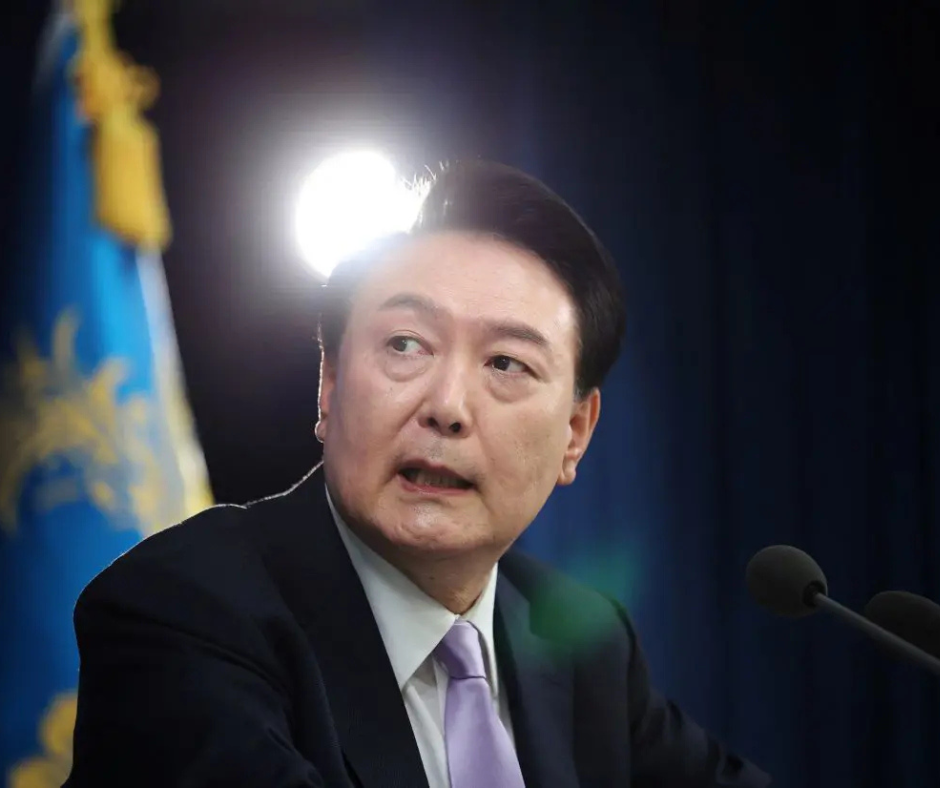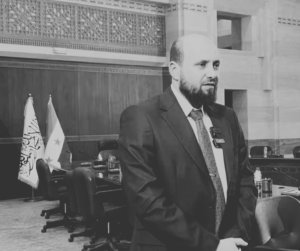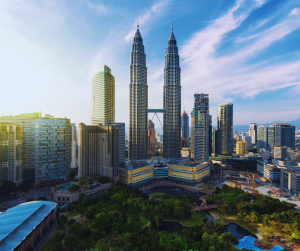SEOUL: Suspended South Korean president Yoon Suk Yeol is resisting investigators’ demands to answer questions regarding his failed attempt to declare martial law earlier this month, escalating an already volatile political crisis.
Yoon, impeached by parliament on Saturday, is under investigation by South Korean prosecutors and a joint task force comprising police, defense ministry, and anti-corruption officials. Accused of attempting to overthrow civilian rule, Yoon faces severe consequences, including life imprisonment or the death penalty, if convicted. A travel ban remains in place.
The Constitutional Court began its proceedings today to determine whether to uphold Yoon’s impeachment, a decision expected within six months. Fresh elections will be required within two months if the court upholds the decision, further intensifying political uncertainty.
Defiance Amid Investigations
Despite a request from investigators to appear for questioning on Wednesday, Yoon’s office rebuffed the summons, heightening tensions. Authorities may seek a court-issued arrest warrant if his refusal continues.
Yoon’s impeachment stems from his brief declaration of martial law on December 3, an unprecedented move that triggered mass protests and plunged South Korea into its worst political turmoil in years. The joint investigation unit has arrested key military figures, including Kwak Jong-keun, head of the Army Special Warfare Command, for allegedly deploying special forces to parliament during the failed bid.
Prime Minister Han Duck-soo is serving as interim leader during Yoon’s suspension.
Constitutional Court Prioritizes Case
The Constitutional Court has set December 27 for a preliminary hearing, which Yoon is not required to attend. Court spokesperson Lee Jean emphasized the urgency of the case, stating that investigative records from various authorities will be swiftly reviewed.
“This case is our top priority,” Lee said during a press briefing.
Public and Political Fallout
Yoon’s martial law bid has sparked widespread protests in Seoul, with massive demonstrations both against and in support of him. Protesters on both sides have vowed to maintain pressure as the court deliberates.
Meanwhile, Han Dong-hoon, head of Yoon’s People Power Party (PPP), resigned today, apologizing for the turmoil. “I sincerely apologize to all citizens who have suffered due to this incident,” he said. Han also denounced election conspiracy theorists within the party, warning of the dangers of extremism.
North Korea Reacts
North Korea has seized on the turmoil, with state media labeling Yoon a “ringleader of rebellion.” The Korean Central News Agency (KCNA) accused Yoon of attempting to deflect blame onto opposition parties and described South Korea as “in chaos.”
Relations between the two Koreas remain fraught, with the North continuing to launch ballistic missiles in defiance of UN sanctions.
International Reassurance
Amid the crisis, acting President Han Duck-soo has sought to project stability. In a call with US President Joe Biden, Han reaffirmed the strength of bilateral ties. He also directed the military to maintain heightened vigilance against North Korea.
As South Korea navigates this unprecedented crisis, the Constitutional Court’s decision looms large, holding the potential to reshape the country’s political future.







